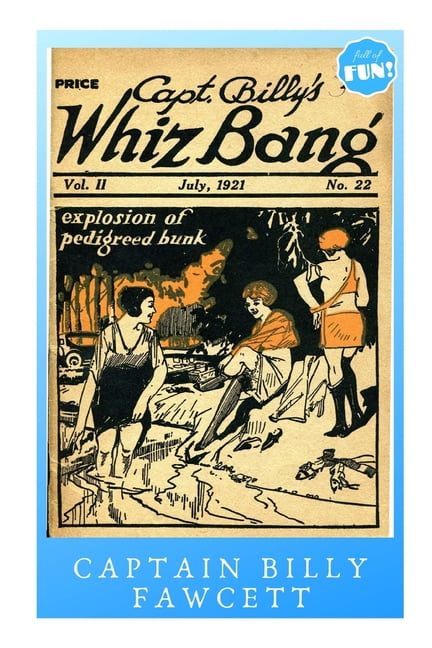

- #Dragon ball z kai the final chapters episode 24 english dubbed code
- #Dragon ball z kai the final chapters episode 24 english dubbed free
The ISP featured guitarists Paul Cotton and Kal David, and they released two excellent if little-noticed albums. Illinois Speed Press were a Chicago band, but they were signed by CBS and moved to Southern California along with another band, the Chicago Transit Authority. Their 1969 debut album Crow Music (on Amaret) included a modest hit single, "Evil Woman (Don't Play Your Games With Me)," later covered by Black Sabbath.
#Dragon ball z kai the final chapters episode 24 english dubbed code
I suspect that his name was a sort of code for "Acid Test," which was not misunderstood by those attending.Ĭrowwere a hard rock band from Minneapolis. Ken Kesey, although a friend of organizer Peter Obranovich, was not in fact present. The Grateful Dead were, in fact, the Grateful Dead, and I have written elsewhere about their participation . What follows are some brief comments on the bands known to me. Pure/The Soul Asylum/Bliss/Brown Sugar/Ox/Northern Comfort/Tayles/Sargasso/Wheezer Lockinger/Manitoba Hugger/Wingfield/Tounge/Groove/Woodbine/Strophe/Ice/Omaha/Staph/Hope/Fly-By-Night Blues Band/Mother Blues/Don Gibson/Wilderness RoadA different ad also lists Biff Rose, Soup and Bethlehem Boogie Band. Grateful Dead/Ken Kesey/Crow/Illinois Speed Press/Rotary Connection/Mason Profitt/Fuse/Baby Huey/Soup/The Sorry Muthas/Spectre Inc./Captain Billy's Whiz Bang/Django/Bowery Boys/U.S. There are many unidentified performers, so if you would recognize some of the bands who played-like for example it was your band-take a look in the Unidentified Performers pages.Īccording to the poster (above), the scheduled performers for Sound Storm were I have provided links to the Pulling's photos where available. I am not familiar with most of the local bands, but I do know something about the regional bands. In honor of that, I thought I would list what is known about the bands who played Sound Storm. I have written recently on the Grateful Dead's participation in this event, but the entire story of Sound Storm will be forthcoming in the Wisconsin Magazine of History's March 2010 issue, in a scholarly article by Michael Edmonds.Īs an adjunct to Edmonds's forthcoming article, the Wisconsin Historical Society has posted numerous hitherto unpublished photos by co-organizer Bob Pulling of many of the bands who played Sound Storm. Although the "hippie invasion" was not welcomed by the community, greeted with great trepidation by the police and subject to numerous risky variables like the weather, in fact the whole weekend was a relaxed celebration of Woodstock Nation in its day. Poynette is a small community 30 miles North of Madison and 100 miles West of Milwaukee. With gags like, “AWOL means After Women Or Liquor”, the joke book caught on, and in 1921, Captain Billy made the highly inflated claim that sales of Whiz Bang were “soaring to the million mark.Sound Storm was a rock festival held on the York Farm in Poynette, WI on the weekend of April 24-26, 1970, and attended by about 30,000 people.
#Dragon ball z kai the final chapters episode 24 english dubbed free
Distributing free copies of Captain Billy’s Whiz Bang to wounded veterans and his Minnesota friends, he then circulated the remaining copies to newsstands in hotels.

However, in Captain Billy’s version, he stated that when he began publishing in October 1919, he ordered a print run of 5,000 copies because of the discount on a large order compared with rates for only several hundred copies. The title Captain Billy’s Whiz Bang combined Fawcett’s military moniker with the nickname of a destructive World War I artillery shell. According to one account, the earliest issues were mimeographed pamphlets, typed on a borrowed typewriter and peddled around Minneapolis by Captain Billy and his four sons. His bawdy cartoon and joke magazine, Captain Billy’s Whiz Bang, became the launchpad for a vast publishing empire embracing magazines, comic books and paperback books.

While a World War I Army captain, Fawcett’s experience with the Army publication Stars and Stripes gave him the notion to get into publishing. Back home in Minnesota, he became a police reporter for the Minneapolis Journal. At the age of 16, Wilford Hamilton “Captain Billy” Fawcett (1885–1940) ran away from home to join the Army, and the Spanish–American War took him to the Philippines.


 0 kommentar(er)
0 kommentar(er)
